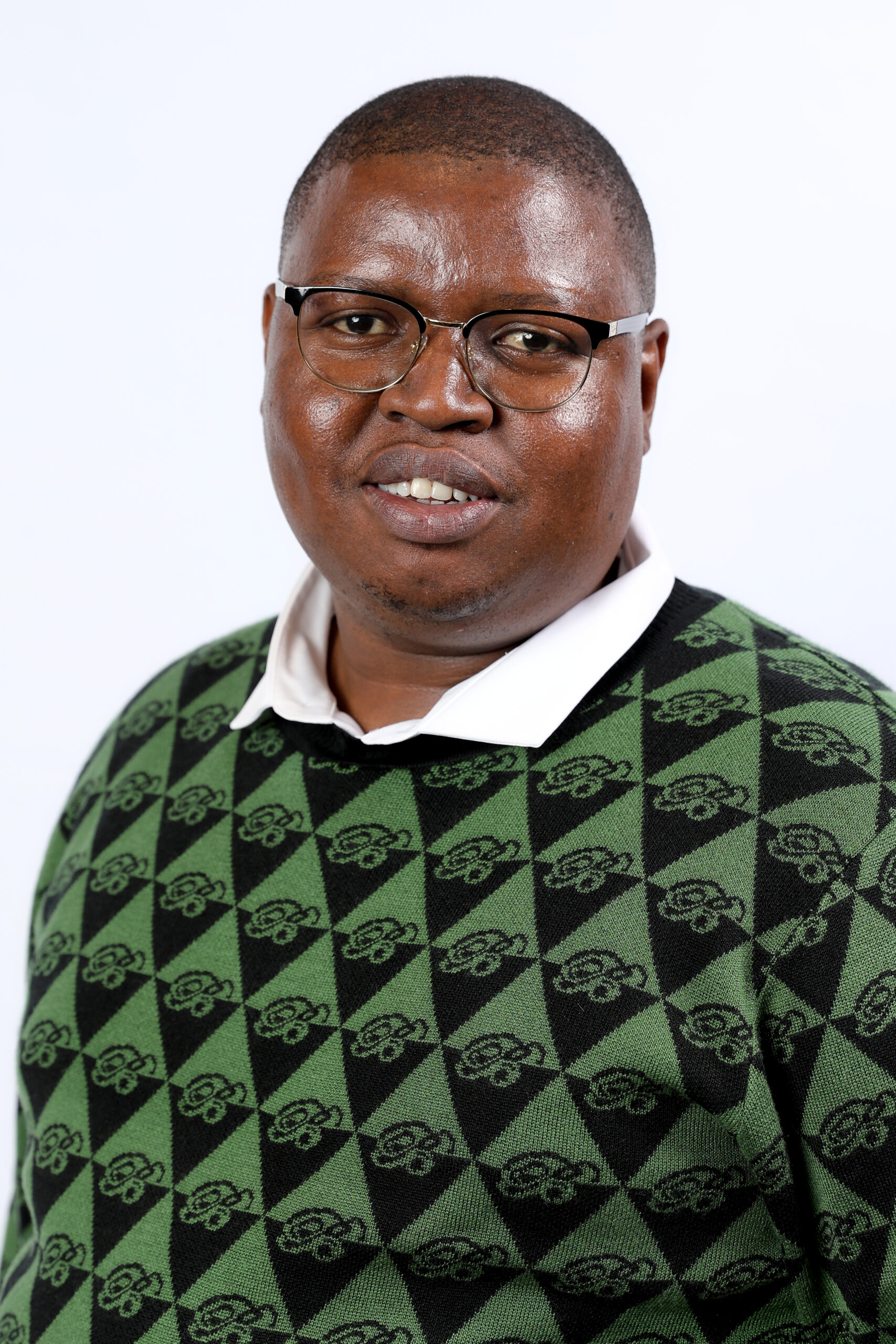Noble Tshiamo Tshotetsi

Noble Tshiamo Tshotetsi
MP IN THE NATIONAL ASSEMBLY
Member of the NCOP
NORTH WEST
NEC Member
Noble Tshiamo Tshotetsi
MP IN THE NATIONAL ASSEMBLY
Member of the NCOP
NORTH WEST
NEC Member
REGION: Rustenburg
PCO NAME: Rustenburg
PCO CODE: 409
PHYSICAL ADDRESS: 111 Church Street Rustenburg, 0300
REGION: Rustenburg
PCO NAME: Rustenburg
PCO CODE: 409
PHYSICAL ADDRESS: 111 Church Street Rustenburg, 0300
REGION: Rustenburg
PCO NAME: Rustenburg
PCO CODE: 409
PHYSICAL ADDRESS: 111 Church Street Rustenburg, 0300

